According to official election results, former Prime Minister Tshering Tobgay was elected Prime Minister of the Kingdom of Bhutan for the second time.
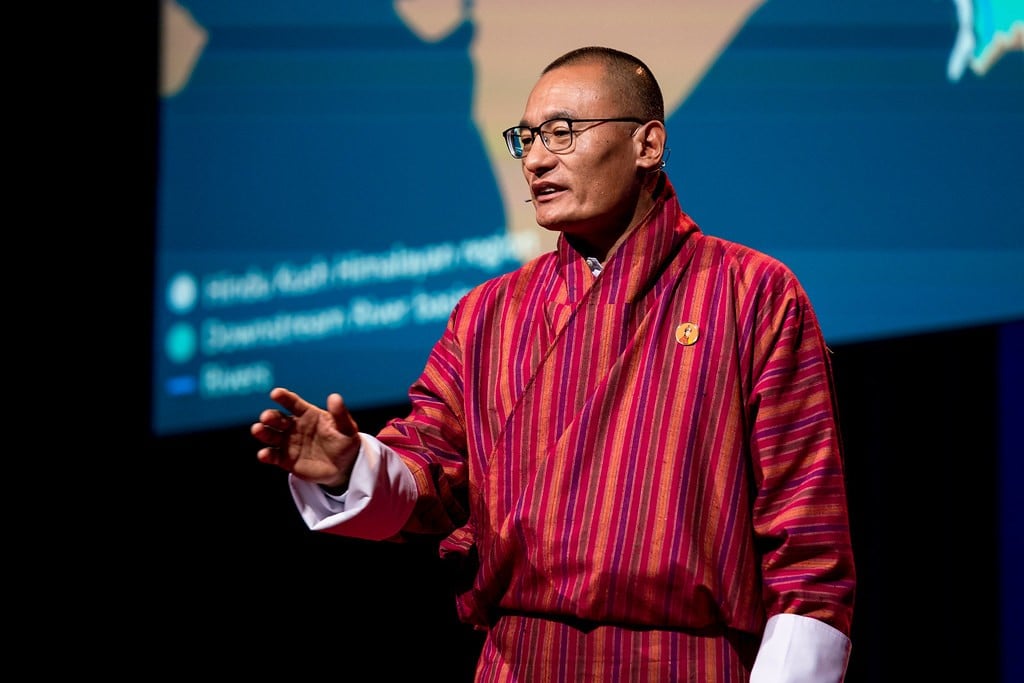 |
| Former Bhutanese Prime Minister Tshering Tobgay and his party won the parliamentary election on January 9. (Source: Agenzia Nova) |
AFP quoted information from the Bhutan Election Commission on January 10 showing that Mr. Tobgay's People's Democratic Party (PDP) won the 2024 general election with 30 seats, while the Bhutan Tendrel Party (BTP) won the remaining 17 seats.
With this result, Mr. Tobgay - leader of the PDP party, who served as Prime Minister of Bhutan from 2013-2018, will once again sit in the Prime Minister's chair of this South Asian country.
According to the Bhutan Election Commission, polling stations opened from 8am to 5pm on January 9 (local time) to welcome nearly 500,000 voters to cast their ballots to elect 47 members of the National Assembly. There are 94 candidates from the two leading political parties in the November 2023 primary election, the BTP and the PDP.
In their election platforms, both the BTP and PDP pledged to address serious economic challenges, prioritizing the pursuit of the Gross National Happiness (GNH) index, which measures social development by the happiness and well-being of its people.
The two parties also pledged to increase investment in hydropower - the country's main source of energy - and tourism - a major foreign exchange earner that has yet to recover from the Covid-19 pandemic.
In addition to the BTP and PDP, Bhutan currently has three other political parties, including Druk Nyamrup Tshogpa (DNT), Druk Phuensum Tshogpa (DPT) and Druk Thuendrel Tshogpa (DTT). The current ruling party is the DNT.
The Bhutanese Constitution provides for a two-tier parliamentary election system. All registered parties can participate in the primary, with the two parties with the highest number of votes contesting the final round.
Bhutan held its first general elections in 2008 following political reforms that ushered in the reign of current king Jigme Khesar Namgyel Wangchuck.
This small kingdom of nearly 800,000 people is famous for applying the Gross National Happiness (GNH) index.
Ignoring traditional economic quantitative indicators, Bhutan assesses the country's overall well-being on the basis of sustainable and equitable socio-economic development; conservation of nature; preservation and promotion of culture; and good governance.
Source





![[Photo] General Secretary To Lam concludes visit to Russia, departs for Belarus](https://vphoto.vietnam.vn/thumb/1200x675/vietnam/resource/IMAGE/2025/5/11/0acf1081a95e4b1d9886c67fdafd95ed)
![[Photo] General Secretary To Lam arrives in Minsk, begins state visit to Belarus](https://vphoto.vietnam.vn/thumb/1200x675/vietnam/resource/IMAGE/2025/5/11/76602f587468437f8b5b7104495f444d)

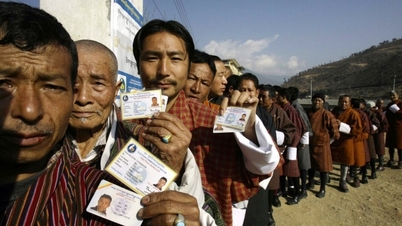
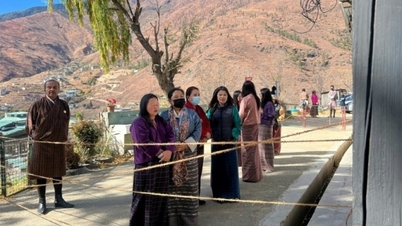



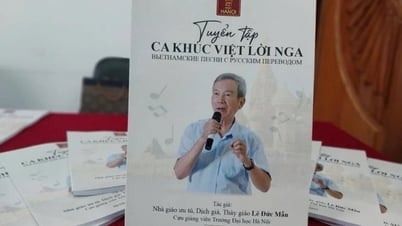
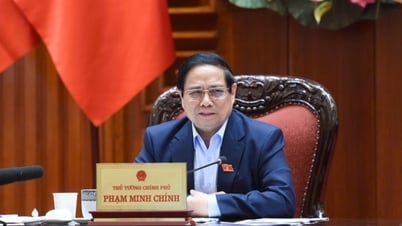
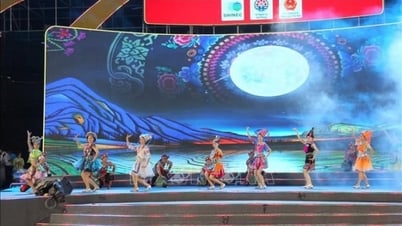
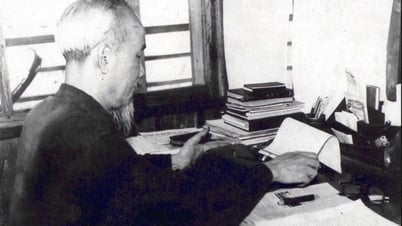




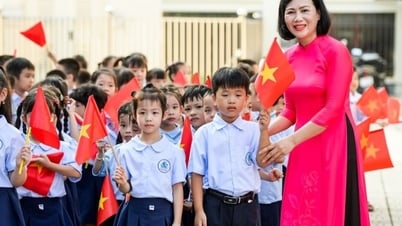
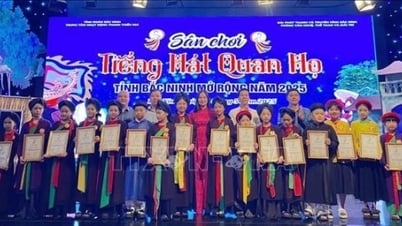
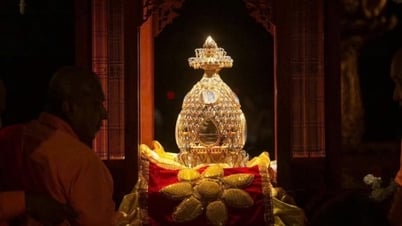
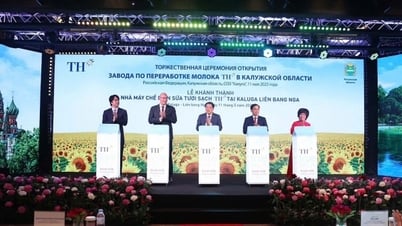



![[Photo] National Assembly Chairman Tran Thanh Man attends the Party Congress of the Committee for Culture and Social Affairs](https://vphoto.vietnam.vn/thumb/1200x675/vietnam/resource/IMAGE/2025/5/11/f5ed02beb9404bca998a08b34ef255a6)















































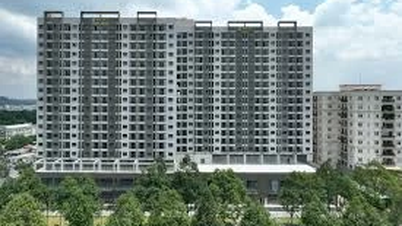

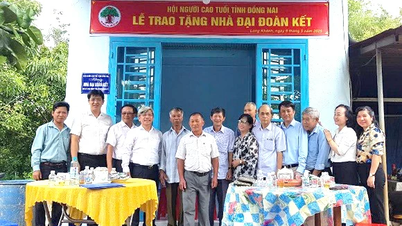












Comment (0)